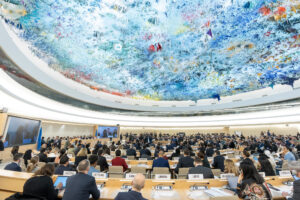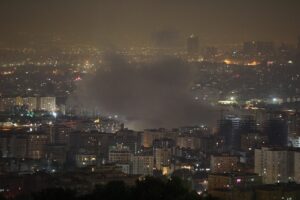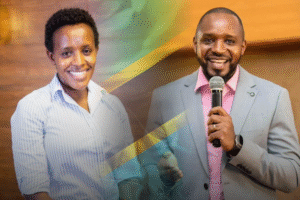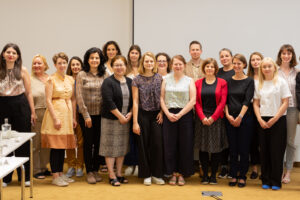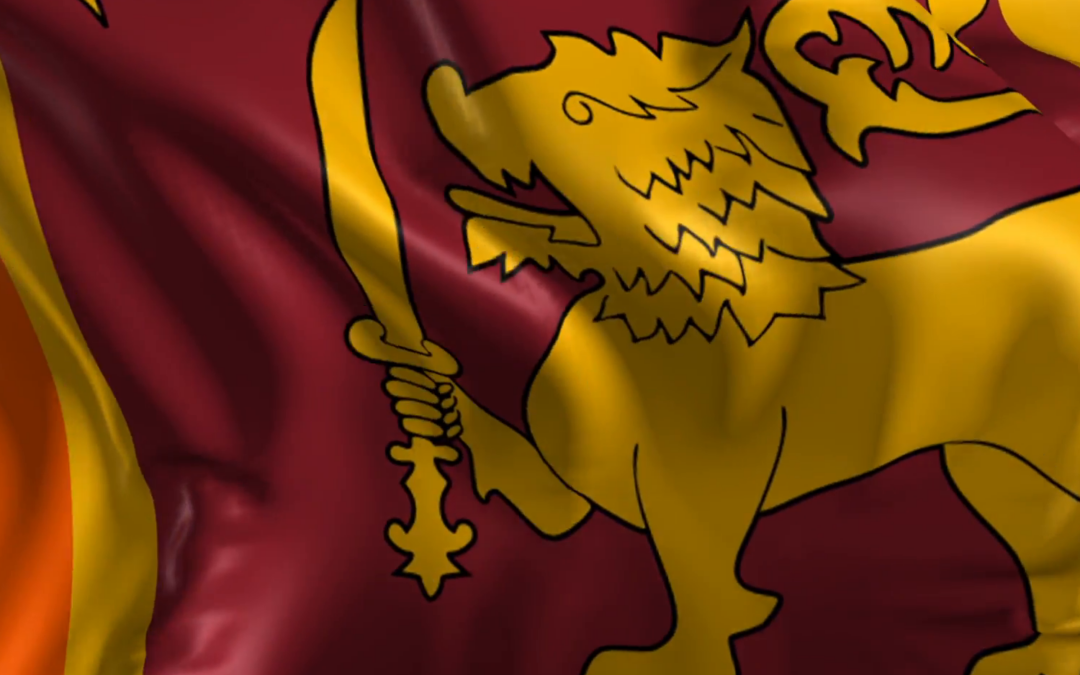
Jan 9, 2013 | News
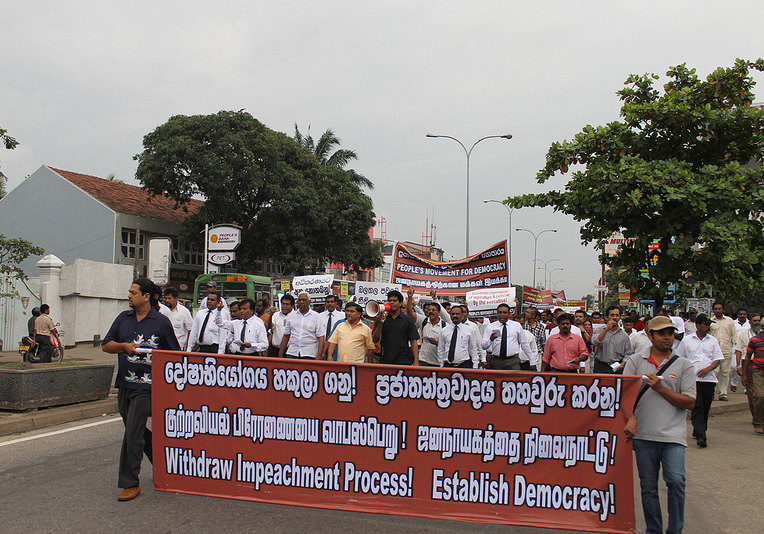 Members of Sri Lanka’s Parliament should reject the impeachment motion to remove Chief Justice Shirani Bandaranayake, that will be put before Parliament on 10-11 January 2013, the ICJ said today.
Members of Sri Lanka’s Parliament should reject the impeachment motion to remove Chief Justice Shirani Bandaranayake, that will be put before Parliament on 10-11 January 2013, the ICJ said today.
The ICJ call comes after a three-member panel of the Supreme Court, in a decision issued on 1 January 2013, ruled that the impeachment procedure in Parliament was not constitutionally valid, finding that such procedures could only be established ‘by law’ enacted by Parliament. The Standing Orders governing the current impeachment investigative process are not considered ‘law’ under the Constitution of Sri Lanka.
“The assault on the independence of the Sri Lankan judiciary in recent months has brought Sri Lanka to the brink of a constitutional crisis,” said Sam Zarifi, ICJ’s Asia Director. “If the impeachment motion is passed in Parliament in defiance of decisions of the country’s judiciary, it will signal a massive breakdown in the rule of law and checks and balances.”
The ICJ stresses that in a democratic society operating under the rule of law, the principle of judicial review is paramount and judges have the ultimate authority to determine what the law provides.
Following the Supreme Court decision, the Court of Appeal quashed the findings of the Parliamentary Select Committee on 7 January 2013, claiming the PSC lacked authority to make such a finding.
In response to the Supreme Court decision, President Mahinda Rajapakse announced his intention to create a four-member panel on 7 January 2013 to review the Parliamentary Select Committee Report and comment on its constitutional validity. The identities of the panel members have not been revealed.
“Creating another ad hoc committee on an arbitrary basis to pronounce on the validity of the impeachment process in Parliament – a process already held to be improper by the apex Court – aggravates the insult to the judiciary and deepens the constitutional crisis,” Zarifi said. “Judges are not above the law, and should be subject to impeachment if they have engaged in serious misdeeds, but the faulty process used by the Parliamentary committee violated basic notions of due process and truth-seeking.”
Last month, the Bar Association of Sri Lanka unanimously passed a resolution calling on the President to reconsider the impeachment, warning that if principles of rule of law were disregarded in the removal process, the Bar would not formally welcome the new Chief Justice.
“This current crisis threatens to leave Sri Lanka with little or no means to hold State officials accountable for serious human rights violations,” Zarifi added. “This government has shown itself committed to imposing a climate of impunity in Sri Lanka. The Parliament should stop the country’s sad slide away from the rule of law.”
The ICJ released a 150-page report in early November 2012 focusing on impunity in Sri Lanka and highlighting the recent attacks on the judiciary as a key factor that has led to the erosion of State accountability mechanisms.
The impeachment process against Chief Justice Shirani Bandaranayake has been widely criticized for ignoring international standards and practice.
The ICJ in an earlier statement called on the Government of Sri Lanka to adhere to international standards and practice in the impeachment hearings.
The ICJ reiterates its call on the Government of Sri Lanka to take active measures to promote the independence of the judiciary and rule of law by adhering to international standards and practice in impeachment hearings.
CONTACT:
Sam Zarifi, ICJ Asia-Pacific Regional Director, Bangkok, t:+66 807819002; email: sam.zarifi(at)icj.org
Sheila Varadan, ICJ Legal Advisor, South Asia Programme (Bangkok), t: +66 857200723; email: sheila.varadan(at)icj.org
BACKGROUND:
The impeachment motion was initiated just days after the Chief Justice ruled against the Government on a controversial bill – the Divi Neguma Bill, under which the Minister of Economic Development (who is also the President’s brother, Basil Rajapakse) would have had control over a fund of 80 billion Sri Lankan rupees (611 million USD) with minimal accountability.
Attacks on the judiciary have been escalating since July 2012. A Government Minister Rishad Bathiudeen threatened a Magistrate in Mannar and then allegedly orchestrated a mob to pelt stones at the Mannar courthouse. In early October 2012, the ICJ condemned the physical assault on the secretary of the Judicial Service Commission, Manjula Tillekaratne.
On 6 November 2012, a motion to initiate impeachment proceedings was brought against Chief Justice Shirani Bandaranayake. The motion contained fourteen charges relating to the non-disclosure of financial assets and improper conduct of a Chief Justice. On 8 November 2012, the Chief Justice’s lawyers responded to four of the fourteen charges, claiming that all operative bank accounts had been disclosed and only those accounts which were closed or held no funds were not declared.
On 6 December 2012, the Chief Justice and her team of lawyers walked out of the impeachment hearing in protest over the denial of a fair hearing.
On 8 December 2012, a majority of the Parliamentary Select Committee comprising government representatives found the Chief Justice guilty of four charges out of the fourteen allegations. The Committee’s released its findings despite the Supreme Court’s request in late November 2012 that hearings be delayed until it could determine the constitutionality of the proceeding.
Photo by vikalapa
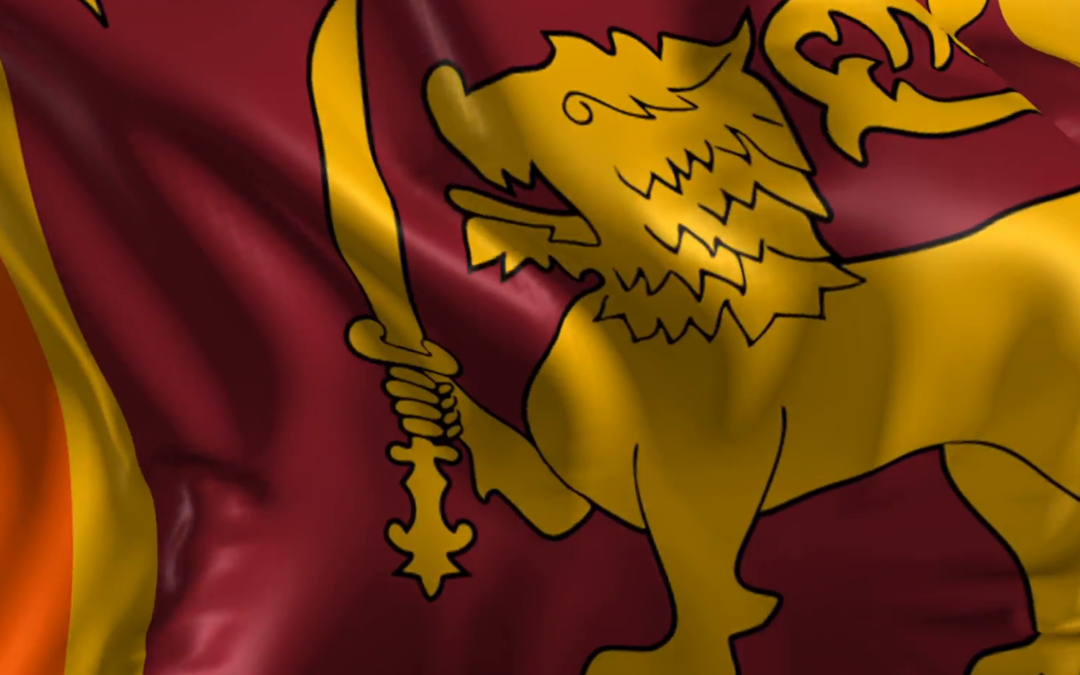
Dec 6, 2012 | News
The impeachment process against Chief Justice Shirani Bandaranayake ignores international standards and practice, says the ICJ.
The ICJ urges the government of Sri Lanka to take immediate steps to uphold the independence of the judiciary and adhere to international standards and practice on the removal of judges.
Today, the Chief Justice and her team of lawyers walked out of the impeachment hearing in protest over the denial of a fair hearing.
Protests supporting and opposing the impeachment process erupted on Tuesday 4 December 2012 as the Chief Justice appeared before the Parliamentary Select Committee for the second time.
Over two hundred judges, several hundred lawyers, trade union leaders and a large number of religious dignitaries assembled to show their support for the Chief Justice.
Opposition members of parliament publicaly called on the Government to adhere to principles of fair trial and due process in the impeachment process.
Reportedly the Chief Justice has been denied the right to cross-examine potential witnesses and has not been provided full disclosure of the allegations against her.
The Parliamentary Select Committee has also denied the request for a public hearing and prohibited observers from attending.
“Parliament is pushing ahead with an impeachment process that fails to adhere to fundamental principles of due process and fair trial,” said Sam Zarifi, ICJ Asia Pacific Director. “The Chief Justice’s impeachment is part of a relentless campaign waged by the Rajapaksa Government to weaken the judiciary. An independent judiciary is the principle check on the exercise of executive and legislative powers – vital to the functioning of a healthy democracy.”
As recalled by the United Nations Special Rapporteur on the independence of judges and lawyers in a statement last month, international standards require that judges be removed only in exceptional circumstances involving incapacity or gross misconduct.
A cornerstone of judicial independence is that tenure of judges be secure.
“Any process for removal must comply with all of the guarantees of due process and fair trial afforded under international law, notably the right to an independent and impartial hearing,” Zarifi added.
The United Nations Human Rights Committee, in its 2003 concluding observations on Sri Lanka, expressed concern that the procedure for removing judges under Article 107 and the complementary Standing Orders of Parliament was not compatible with Article 14 of the International Covenant on Civil and Political Rights.
The Parliamentary Select Committee, presiding over the impeachment hearings is composed exclusively of members of parliament, the majority of which are drawn from the Government coalition. No members of the judiciary are permitted to sit on the Select Committee.
Comparatively in India, an impeachment hearing is presided over by a three-member committee comprised of a Supreme Court justice, a Chief Justice of any High Court and an eminent jurist.
In South Africa, a judge may only be removed after a hearing by the Judicial Service Commission, a body composed of members of the judiciary.
In Canada, all removal proceedings are conducted by the Judicial Council, a body composed of 38 chief and associate chief justices of the superior courts and chaired by the Chief Justice of Canada.
The United Nations Special Rapporteur on the independence of judges and lawyers warned against the misuse of disciplinary proceedings as a reprisals mechanism against independent judges.
The timing of the impeachment motion raises questions. The impeachment motion was initiated just days after the Chief Justice ruled against the Government on a controversial bill – the Divi Neguma Bill – before Parliament.
If the bill passed, the Minister of Economic Development (who is also the President’s brother Basil Rajapakse) would have had control over a fund of 80 billion Sri Lankan rupees (611 million USD).
Attacks on the judiciary have been escalating in recent months. In July 2012, Government Minister Rishad Bathiudeen threatened a Magistrate in Mannar and then allegedly orchestrated a mob to pelt stones at the Mannar courthouse.
In early October, the ICJ condemned the physical assault on the secretary of the Judicial Service Commission, Manjula Tillekaratne.
In early November, the ICJ issued a report, Sri Lanka’s Crisis of Impunity, documenting how the erosion of state accountability and judicial independence, has led to a crisis of impunity in Sri Lanka.
The ICJ calls on the Government of Sri Lanka to take active measures to promote the independence of the judiciary and rule of law by adhering to international standards and practice in impeachment hearings.
Contact:
Sam Zarifi, ICJ Asia-Pacific Regional Director, (Bangkok), t:+66(0) 807819002; email: sam.zarifi@icj.org
Sheila Varadan, ICJ Legal Advisor, South Asia Programme (Bangkok), t: +66 857200723; email: sheila.varadan@icj.org
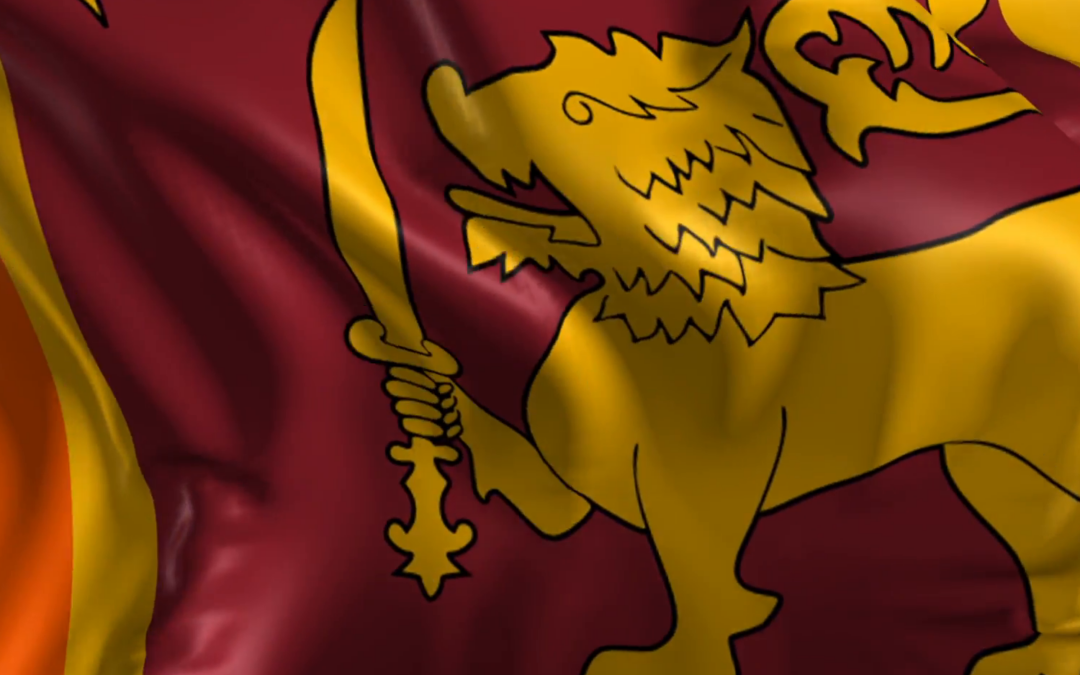
Nov 7, 2012 | News
 The impeachment process against Sri Lankan Chief Justice Shirani Bandaranayake must follow international standards of due process says the ICJ.
The impeachment process against Sri Lankan Chief Justice Shirani Bandaranayake must follow international standards of due process says the ICJ.
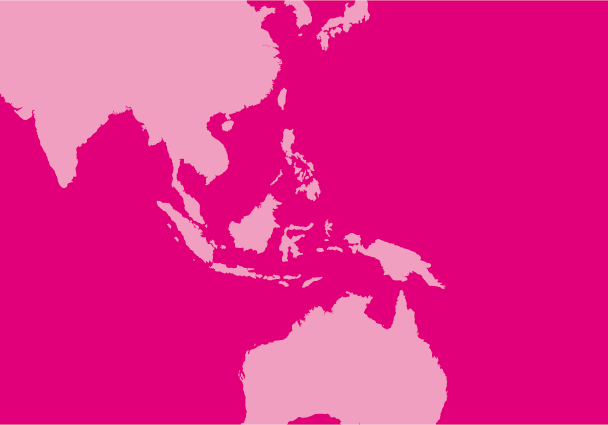
Nov 1, 2012 | News, Publications, Reports
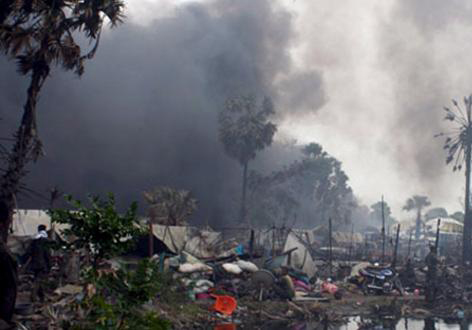 The Sri Lankan government must immediately cease its assault on the independence of the judiciary, the ICJ said in a new report.
The Sri Lankan government must immediately cease its assault on the independence of the judiciary, the ICJ said in a new report.
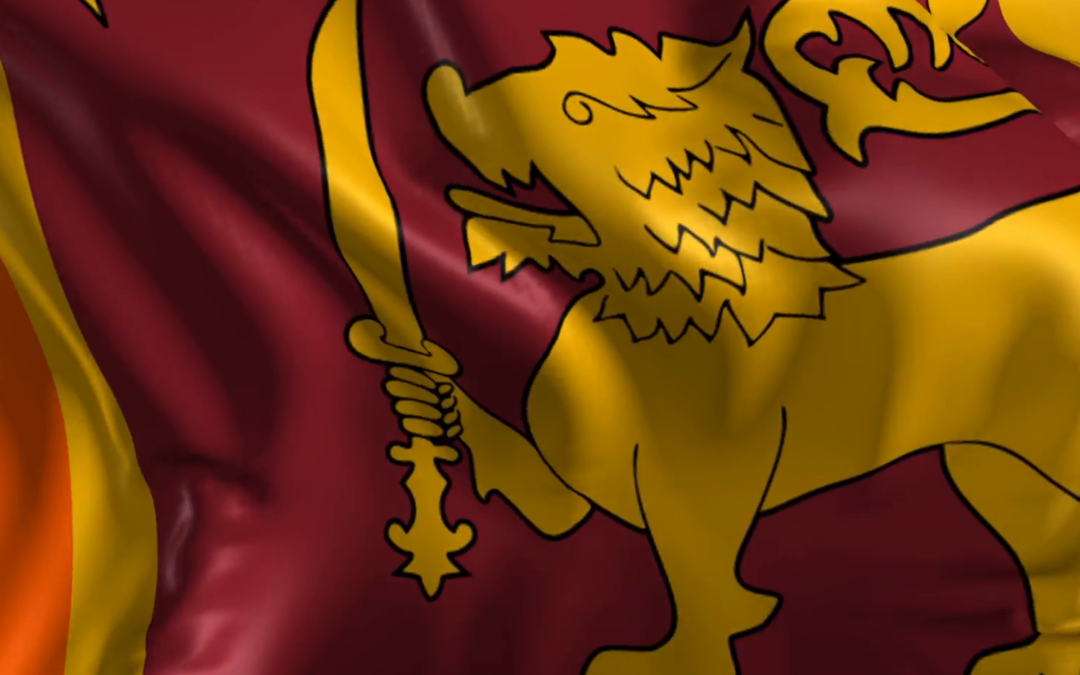
Oct 9, 2012 | News
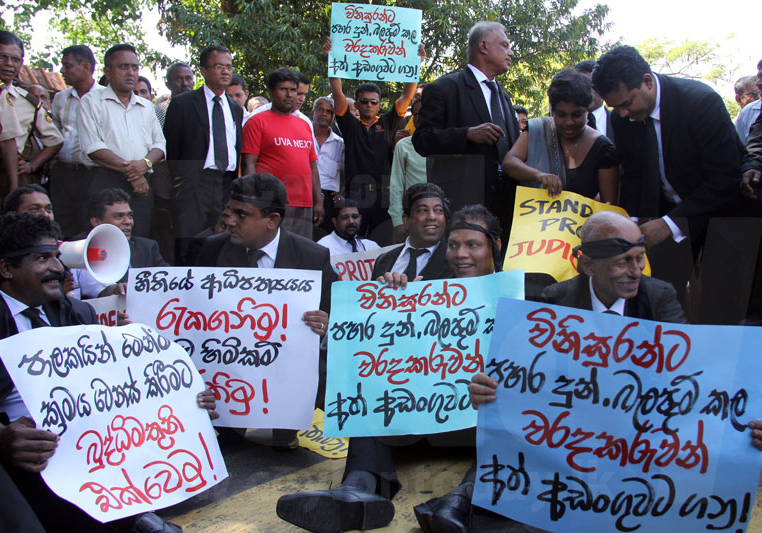
The Sri Lankan government must immediately provide justice for the physical assault on Manjula Tillekaratne and cease public efforts to undermine the independence of the country’s judiciary, the ICJ said today.
Unidentified persons assaulted the Secretary of the Judicial Services Commission on 7 October 2012. Lawyers and judges held a strike to protest recent and escalating threats to judicial independence in Sri Lanka.
“This physical assault is another terrible step downward in the ongoing effort to undermine the judiciary and the rule of law in Sri Lanka,” said Sam Zarifi, ICJ’s Asia Director. “The Sri Lankan government has to investigate this event and bring the perpetrators to justice, and ensure that the country’s judges are secure from assault and intimidation.”
Earlier in September, the Sri Lankan President Mahinda Rajapksa had demanded a meeting with the Chief Justice and two members of the JSC. The JSC refused the request, citing the implications of such a meeting on the independence of the judiciary.
The request came in the wake of the Supreme Court striking down a pending bill before the parliament – the “Divi Neguma Department Bill,” which proposed to establish a new department by amalgamating the Samurdhi Authority, Southern Development Authority and the Udarata Development Authority.
If passed, the bill would confer wide powers to the Economic Development Minister as well as access to funds.
State-controlled print and electronic media then engaged in a public campaign of vilifying the Chief Justice and other members of the JSC who are also sitting Supreme Court Justices.
On 18 September 2012, the JSC directed its Secretary to issue a public statement citing the baseless criticism of its members in the state electronic and print media.
The JSC indicated that it had been subjected to threats and intimidation.
Notably, the JSC said it was subjected ‘to various influences after the Commission initiated disciplinary action against a judge.’
On 28 September 2012, JSC Secretary Manjula Tillekaratne expressed concern for ‘the security of all of us and our families beginning from the person holding the highest position in the judicial system.’
“The effort to use State-controlled media to browbeat and intimidate judges is an egregious assault on the independence and impartiality of Sri Lanka’s judiciary. An independent judiciary is a necessary precondition to safeguard human rights,” Zarifi added.
The United Nations Basic Principles on the Independence of the Judiciary makes clear that it is the responsibility of the State to respect and observe the independence of the judiciary, protecting judges from any improper influences, inducements, pressures, threats or interference.
In recent months, the independence of the judiciary has come under attack in Sri Lanka.
In July 2012, Government Minister Rishad Bathiudeen threatened a Magistrate in Mannar and then orchestrated a mob to pelt stones and set fire to part of the Mannar courthouse. Lawyers and judges held a nation-wide strike to protest the incident.
The Bar Association of Sri Lanka as well as the Judges Association of Sri Lanka issued public statements condemning the attacks.
Contact:
Sam Zarifi, ICJ Asia-Pacific Regional Director, t: +66 26198477; email: sam.zarifi@icj.org
Sheila Varadan, ICJ Legal Adviser, South Asia Programme, t: +66 857200723; email: sheila.varadan@icj.org
Picture by Nuwan Amarawansha

 Members of Sri Lanka’s Parliament should reject the impeachment motion to remove Chief Justice Shirani Bandaranayake, that will be put before Parliament on 10-11 January 2013, the ICJ said today.
Members of Sri Lanka’s Parliament should reject the impeachment motion to remove Chief Justice Shirani Bandaranayake, that will be put before Parliament on 10-11 January 2013, the ICJ said today.







